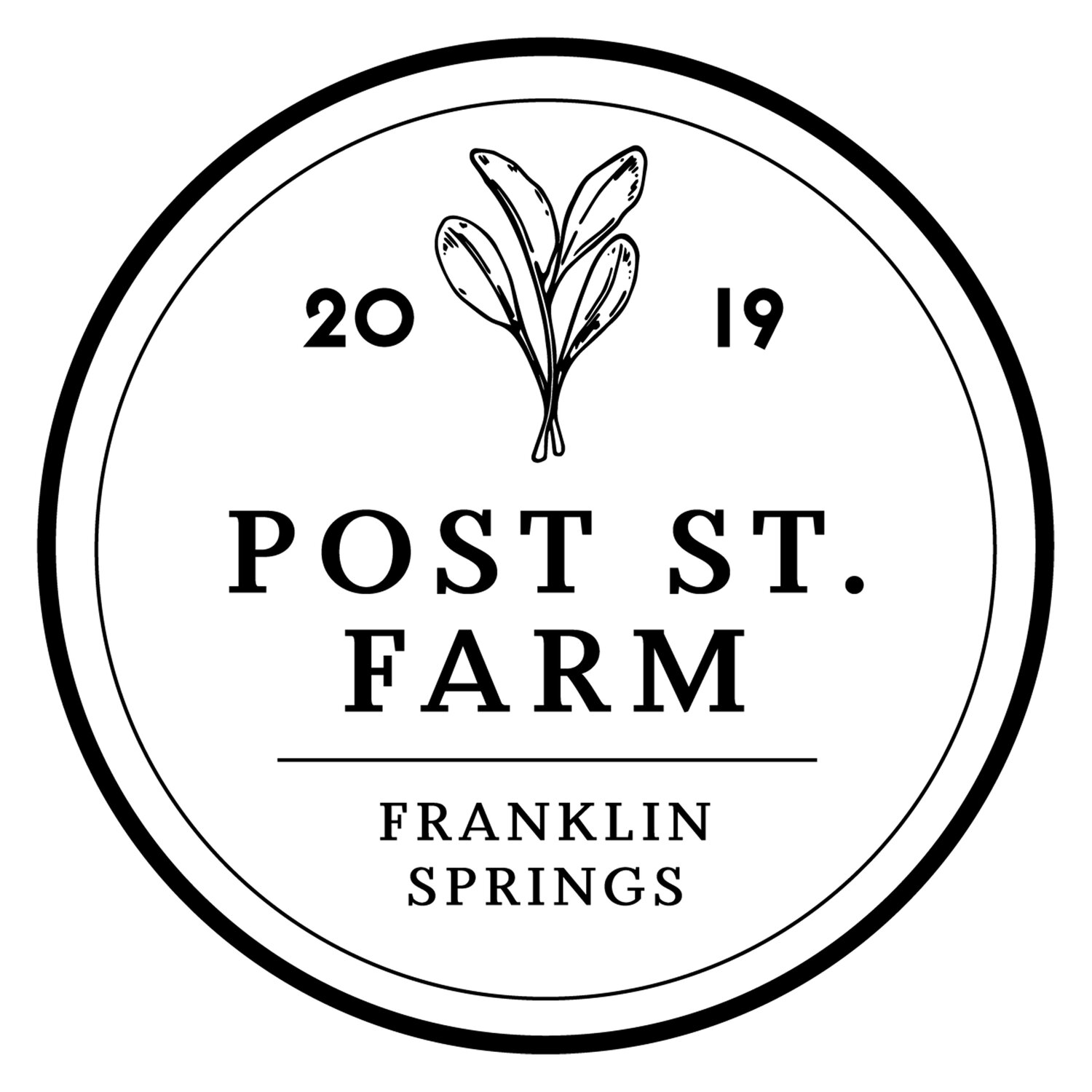Food, The Remake
It has been a long time since we've been to the movies. What was once a sacred event growing up, sometimes even a birthday party outing with friends, has fallen by the wayside with the help of busy schedules and easy at-home streaming options.
But Allie and I got a chance to see the new Beetlejuice movie last week. We loved the original and, as a longtime Tim Burton fan, I had high hopes.
It was fun. Silly. Chaotic. Weird. With nods back to what made the original movie so good.
Whether it's Beetlejuice, Jurassic Park, Star Wars, Ghostbusters, Godzilla or even Twister, Hollywood loves a sequel. And a remake. It's not purely nostalgic. It's an easy money grab for studios with an audience already built into the property.
But it is nice every once in a while to look back. To remember the good times, the things that worked well, and to maybe bring some of them back for another spin.
In recent decades, the food industry doesn't do a whole lot of looking back. Instead, it's tended more toward the ways of the tech world: Make as much product as it can, as cheap and as addictive as it can be .
Social media, video games, apps, artificial intelligence are the not-so-distant cousins of McDonald's, chemical fertilizers, and processed food. Their family reunions are wild!
When you approach agriculture like this, things happen. Food is cheap. Awesome! Americans have more money to spend on other things. And we are producing plenty of it. But health suffers. The health of the people consuming the food and the health of the soil that produces it.
I was listening to Eliot Coleman, a pioneer of the modern-day organic movement, talking about the current state of food production in America. Soil health and eaters' health are what guide his work in growing vegetables today, but that isn't really a new, revolutionary concept. Not even for this country.
He mentioned the 1938 USDA Yearbook, titled "Soils and Men." The forward, by then Secretary of Agriculture Henry Wallace, starts:
"The earth is the mother of us all — plants, animals, and men. The phosphorus and calcium of the earth build our skeletons and nervous systems. Everything else our bodies need except air and sun comes from the earth."
The purpose of the 1,200-page document, Wallace describes is to "discover man's debt and duty to the soil."
Forty years later in the 1970s, with Secretary of Agriculture Earl Butz now at the helm, the USDA had changed its game plan, urging farmers to "plant fence row to fence row" and to "get big, or get out" in order to supply food factories with the cheap inputs they needed to feed the growing middle class.
That mantra has carried us to the food system of today, with scienctific and technological advances only furthering the cause. Meanwhile our soils, our health and our culture is suffering.
Let's take a cue from Hollywood. It's about time food gets a remake.
A return to the 1938 classic where Earth, not industry, was our mother, where flavors came from the nutrients in our produce and meats and not from the dust on a Dorito, where meals were had at the dinner table and not while driving to the office, and where farmers gave more to their soils than what they gave in return.
It's a big wish. And many of the statements from current Agriculture Secretary Tom Vilsack (a Hamilton College grad) do give me hope.
But I think that remake would make for a great movie, and an even greater future for our country. Maybe Michael Keaton can star in it.
—John


